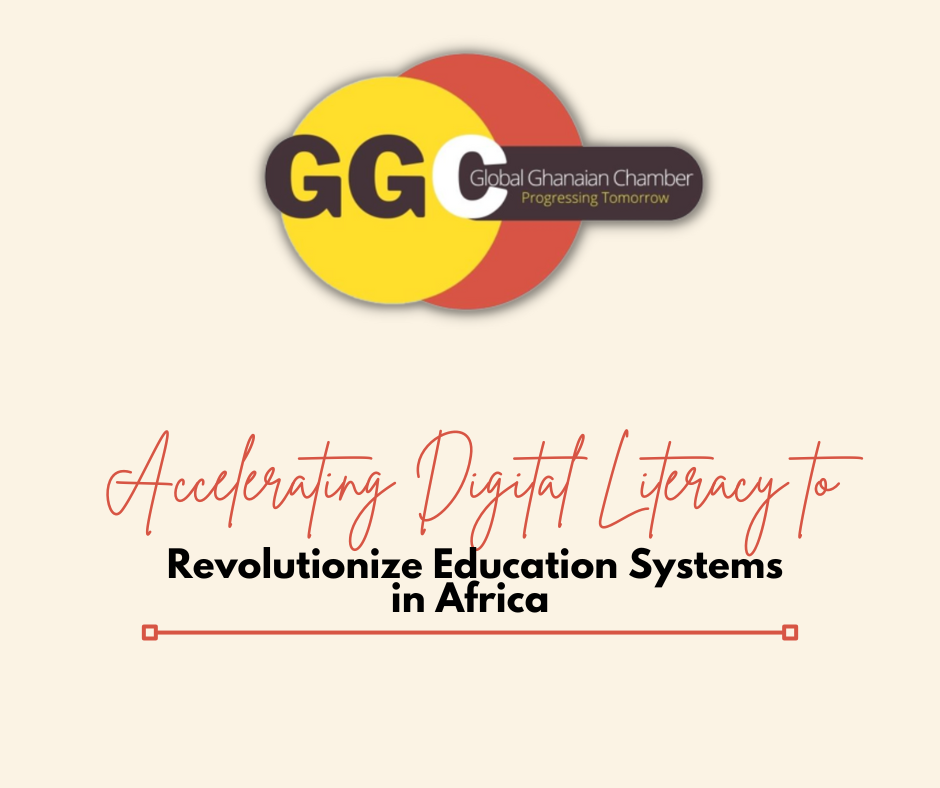
In an era where digitalization is reshaping industries and economies worldwide, the importance of digital literacy cannot be overstated, particularly in the realm of education. Across Africa, where access to quality education remains a challenge for many, embracing digital literacy holds immense potential to bridge gaps, enhance learning outcomes, and empower individuals for a brighter future.
The Digital Divide: A Barrier to Educational Equity
Despite significant progress in recent years, Africa still grapples with a digital divide that hinders equal access to education. Rural areas, in particular, face infrastructural limitations that impede connectivity and technological integration in schools. Moreover, socioeconomic disparities exacerbate the divide, with marginalized communities lacking the resources to access digital tools and platforms.
The Imperative of Digital Literacy in Education
Digital literacy encompasses more than just basic computer skills; it encompasses the ability to critically navigate, evaluate, and utilize information in digital environments. In the context of education, fostering digital literacy equips students with the necessary skills to thrive in a technology-driven world. From conducting research to collaborating on projects and mastering online learning platforms, digital literacy empowers learners to harness the full potential of digital resources.
Strategies for Accelerating Digital Literacy in African Education Systems
1. Infrastructure Development:
- Prioritize infrastructure development to expand internet connectivity to underserved areas.
- Establish partnerships with telecommunications companies and government agencies to deploy broadband infrastructure in schools.
2. Teacher Training and Capacity Building:
- Implement comprehensive training programs to equip educators with the knowledge and skills to integrate technology into their teaching practices.
- Foster a culture of continuous learning by providing ongoing professional development opportunities focused on digital pedagogy.
3. Curriculum Integration:
- Integrate digital literacy skills into the curriculum across all subjects and grade levels.
- Emphasize hands-on, project-based learning experiences that require students to utilize digital tools and platforms.
4. Access to Devices and Resources:
- Secure funding and partnerships to provide schools with access to affordable digital devices such as tablets and laptops.
- Curate digital content and educational resources tailored to the African context, including open-access materials and localized content.
5. Community Engagement and Collaboration:
- Engage parents, community leaders, and local organizations in promoting the importance of digital literacy in education.
- Foster partnerships with NGOs, businesses, and civil society organizations to leverage their expertise and resources in advancing digital literacy initiatives.
Conclusion: Unlocking the Potential of Africa’s Youth through Digital Literacy
In harnessing the power of digital literacy, Africa has the opportunity to unleash the potential of its youth and drive socio-economic development. By prioritizing infrastructure development, teacher training, curriculum integration, access to resources, and community engagement, stakeholders can collectively accelerate the adoption of digital literacy within education systems across the continent. Through collaborative efforts and strategic investments, Africa can chart a path towards a future where every individual has the skills and opportunities to thrive in the digital age.




